In the US, Education-applied AI is set to grow by nearly fifty percent by 2021 according the the Artificial Intelligence Market in the US Education sector. While the technology is already active in many aspects of US education, including skill development and testing systems, AI is being used increasingly to increase efficiency, personalization, and to streamline admin tasks for teachers and students.

So what?
The hope for AI as a teacher’s assistant is to amplify the best aspects of machines and teachers for the benefit of students. Tedious admin, systems management, and analysis done by machines frees up time for teacher understanding, empathy, and adaptability. A second impetus for AI implementation in schools is that those students will one day need to be adept at working alongside machines in the workplace.
Concerns of screen time for children, mental well-being, and technocratic control aside, will tech-enabled learning do more harm than good? If so, what could we do today, in AI-ED’s infancy, to ensure that it doesn’t?

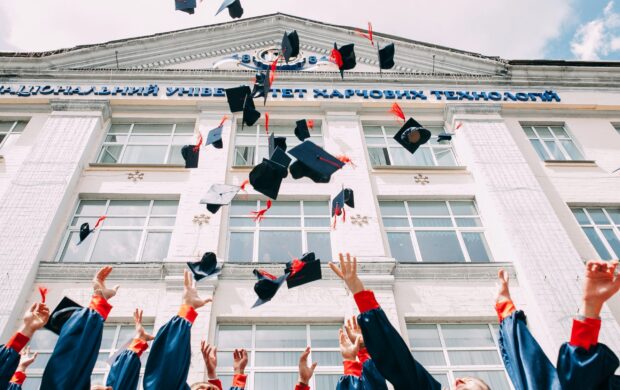





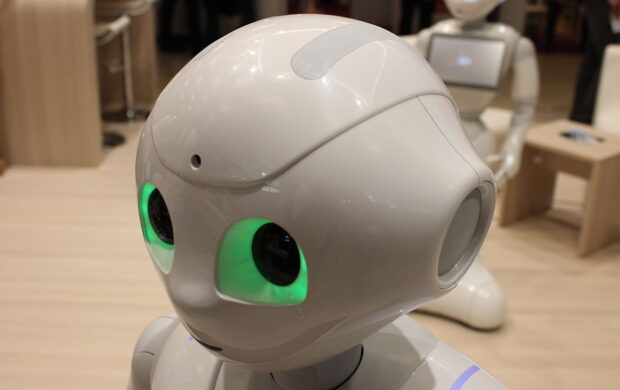






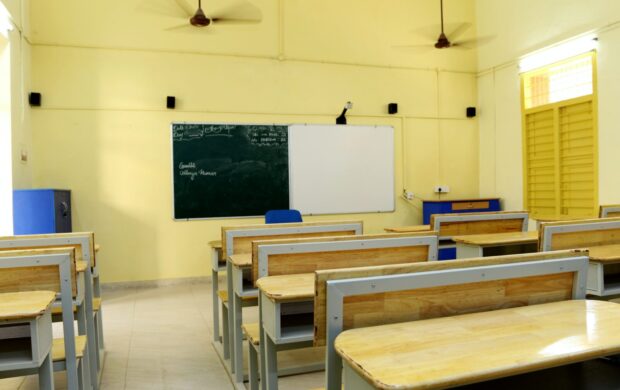
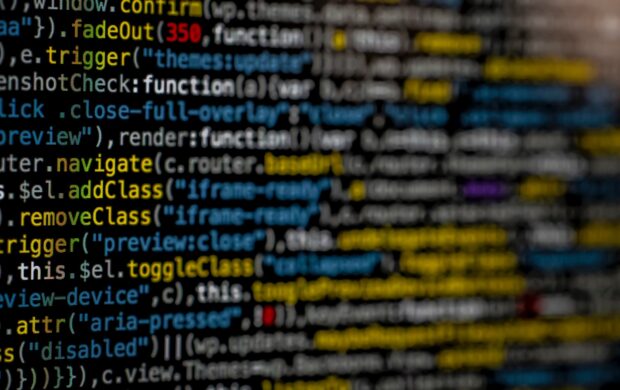



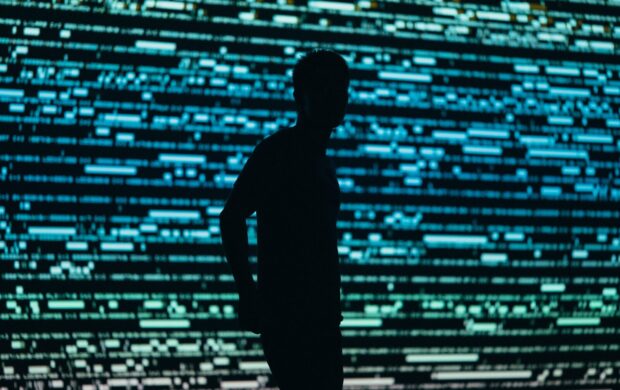
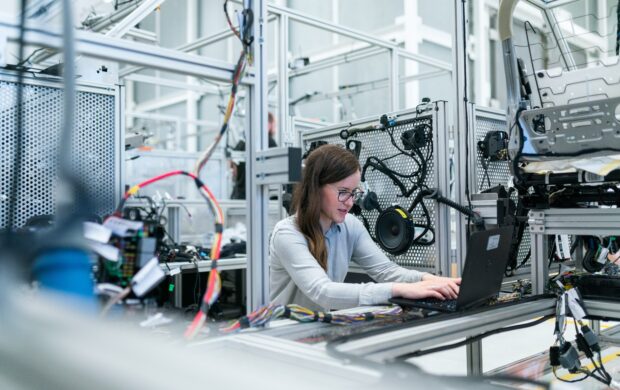

I wonder why so many people still stick to the idea of a teacher controlling the learning process and testing learning progress and therefore AI seems to be only useful for helping teachers do their job but not for assisting learners to take responsiblity for their learning. For me the biggest potential in AI lies in neural networks that do not only analyze data but learn and interact with humans.